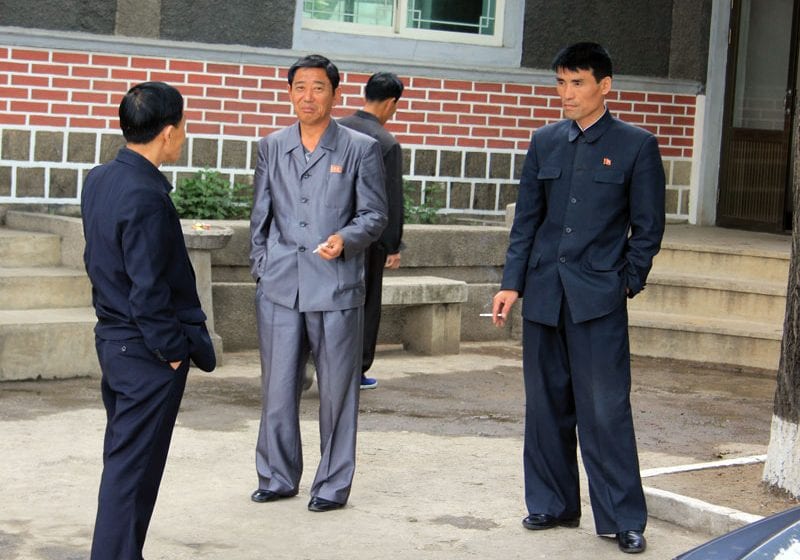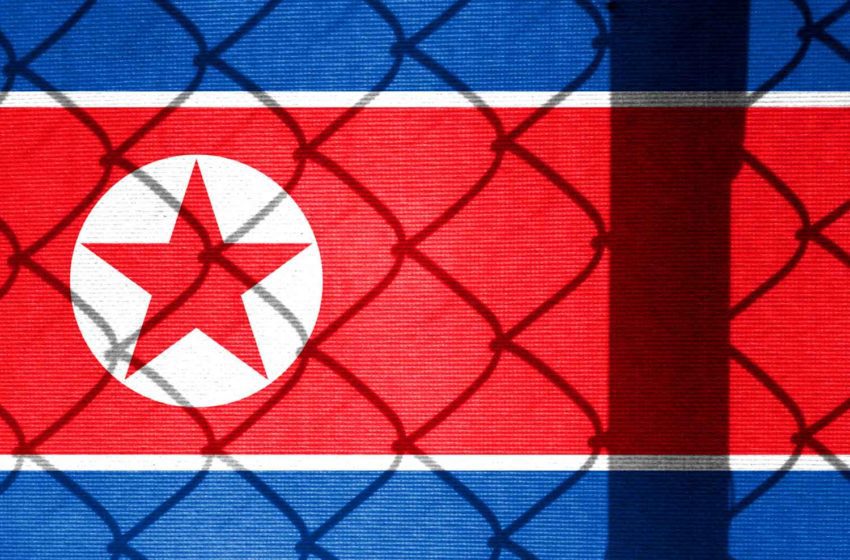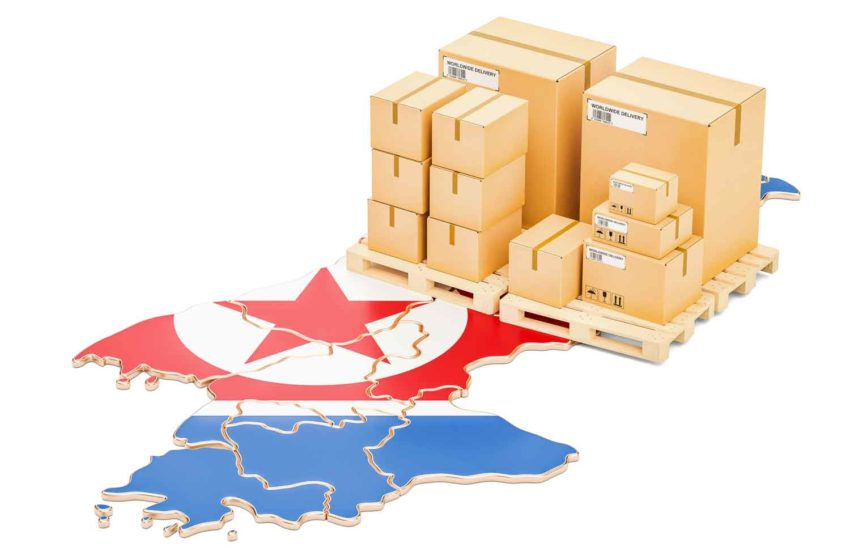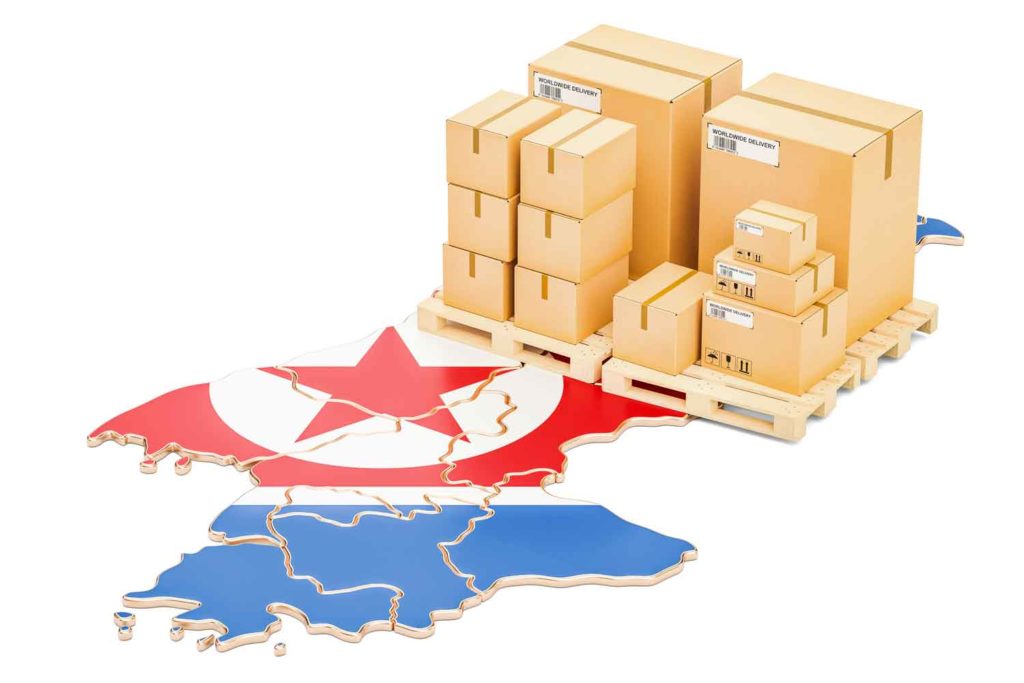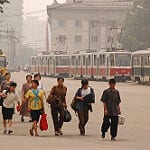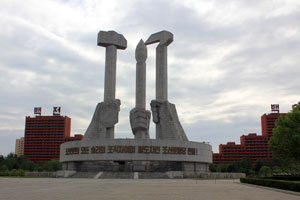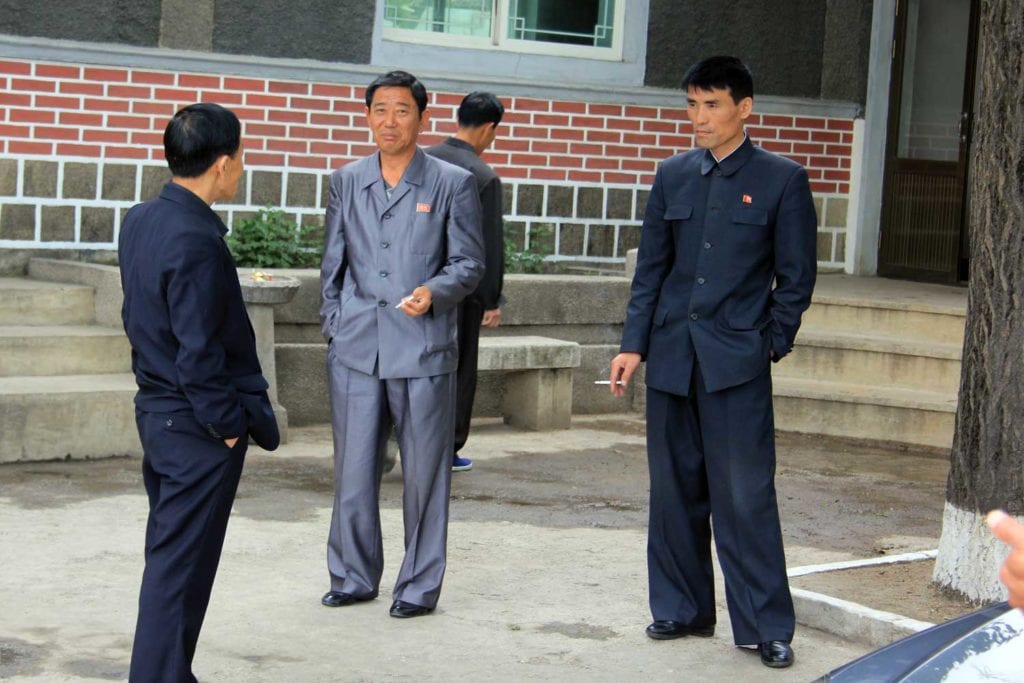
A Chinese man who was arrested in Australia is awaiting extradition to the United States for allegedly selling counterfeit cigarettes in a North Korean scheme to generate revenue, according to Reuters.
“The individual is wanted to face prosecution in the United States for a number of sanctions, band fraud, money laundering and conspiracy offenses,” said a spokesperson for Australia’s Attorney-General’s Department. Jin Guanghua was arrested in Victoria and remains in custody.
According to an unsealed U.S. indictment, Jin, who is a Chinese citizen, allegedly committed bank fraud in an illegal scheme by North Korea to generate revenue through the purchase and sale of tobacco. The indictment stated that the North Korean banks used front companies to avoid U.N. sanctions.
According to the U.S. Federal Bureau of Investigation, Jin was one of three Chinese nationals acting as middlemen to purchase tobacco for companies owned by the North Korean government and military. The tobacco, which was purchased from international suppliers and shipped to Dalian, China, before being smuggled to North Korea, was used to manufacture counterfeit cigarettes to generate hard currency.
Jin was involved between 2009 and 2019, according to the indictment, and remains in custody “pursuant to the United States of America’s request for his extradition to face criminal charges in the United States.” A warrant for his arrest was executed in August, according to a spokesperson from a Victorian magistrates court.
Globally, North Korea is one of the largest producers of contraband cigarettes.

